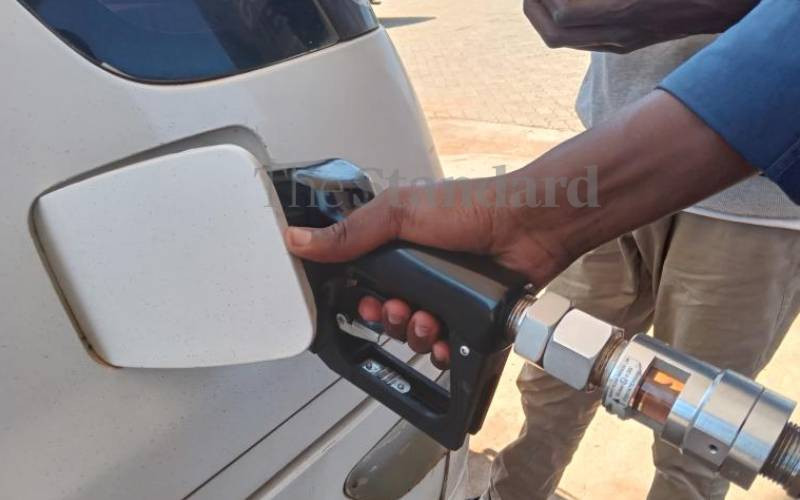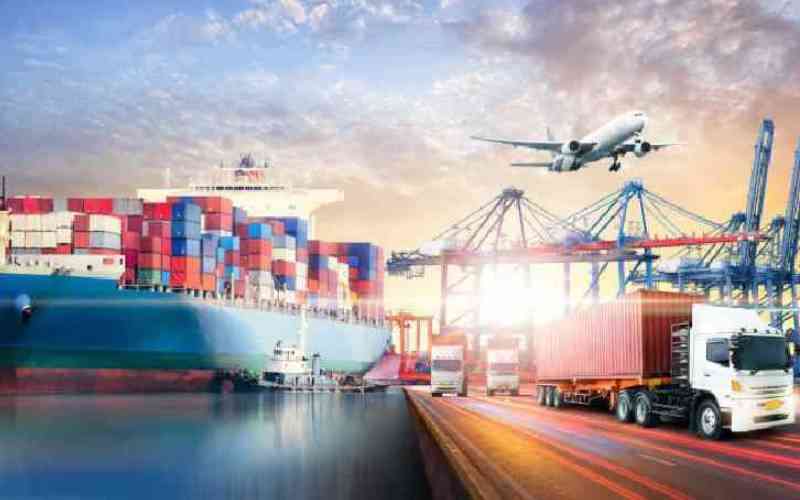×
The Standard e-Paper
Read Offline Anywhere

Audio By Vocalize

The International Monetary Fund (IMF) has called for greater transparency on the use of fuel subsidies by the government.
This came as the IMF warned that the subsidies remain a drain on the cash-strapped Exchequer and should be scrapped.

